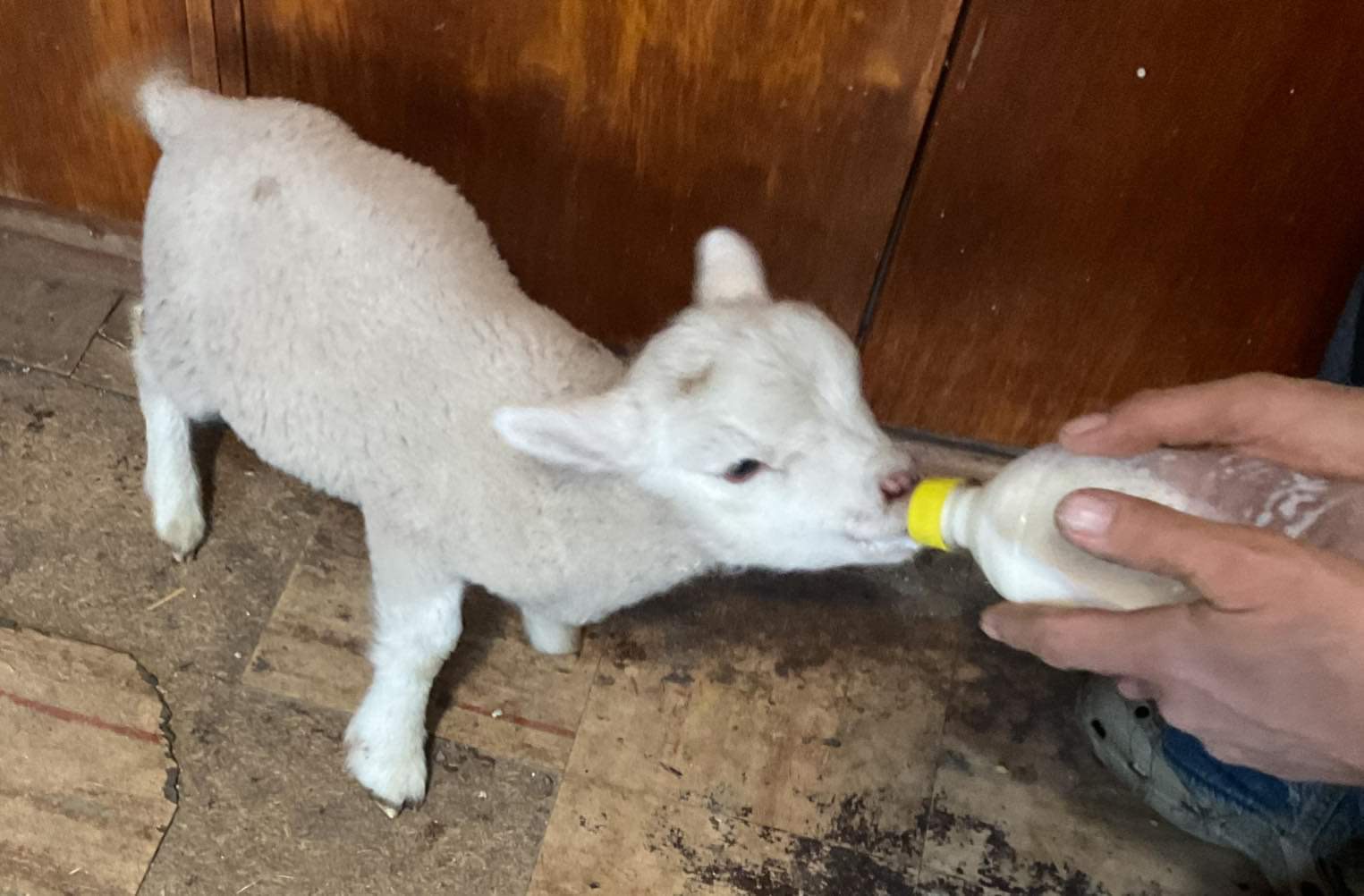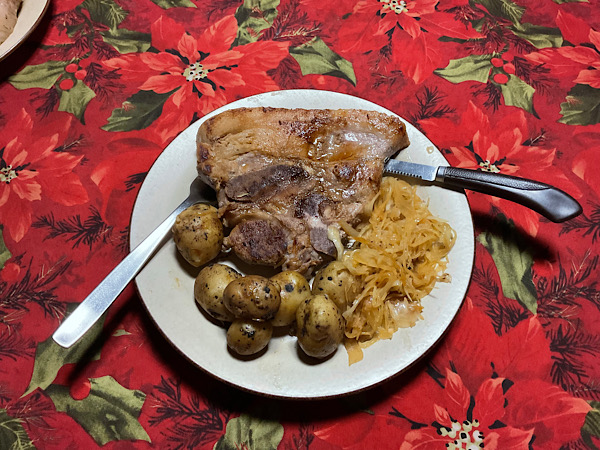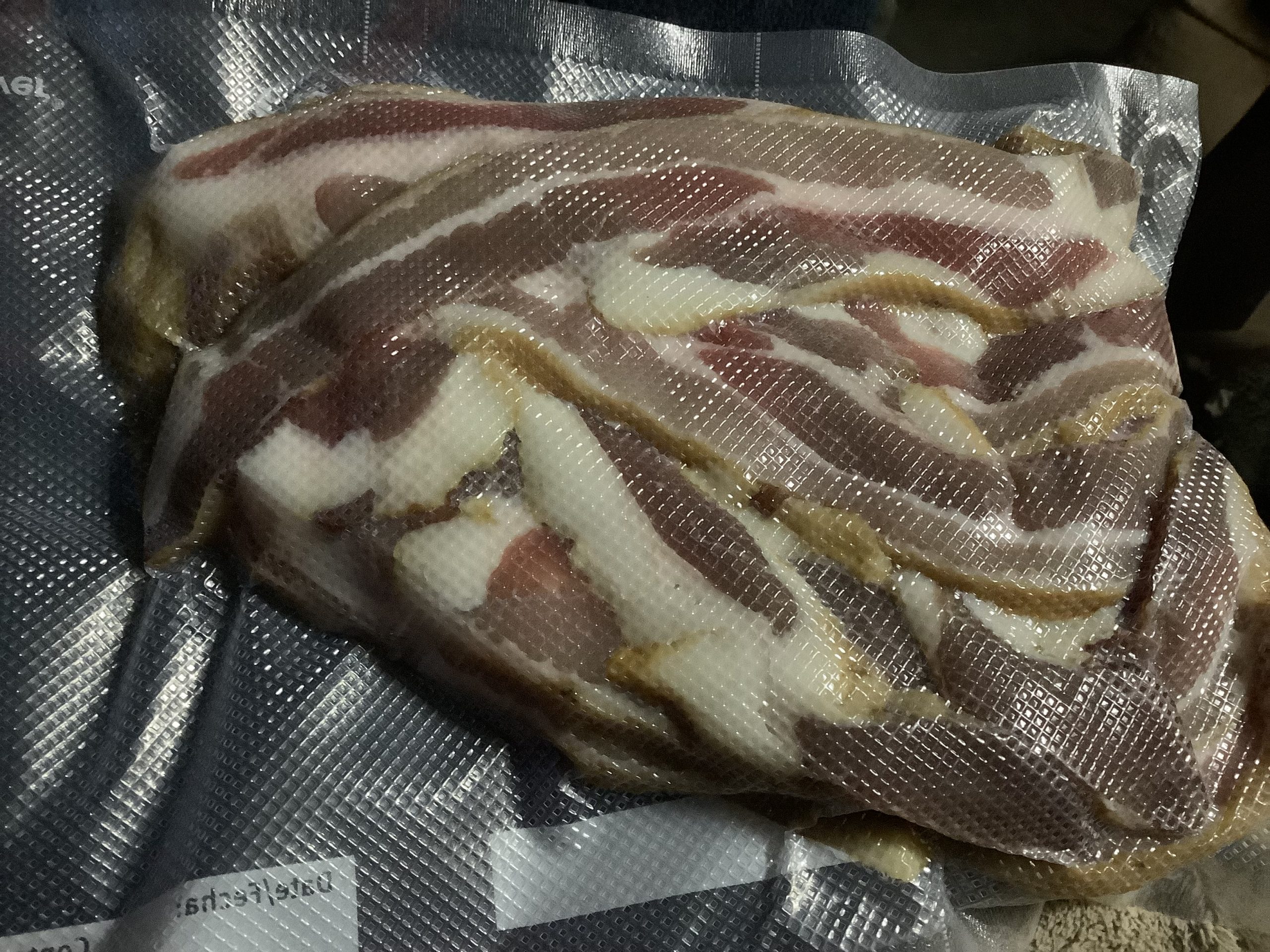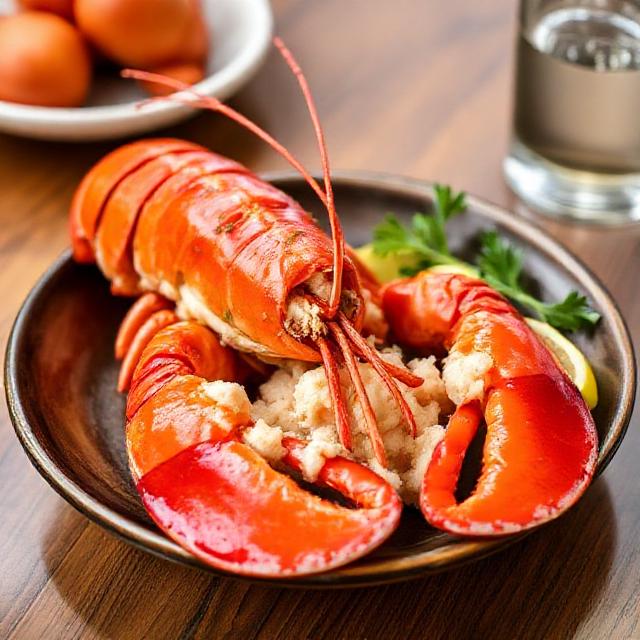
Here at Briden Farm, we believe life is richer when you get your hands in the soil, breathe in the country air, and connect with the land that feeds us all. That’s why we’re proud to support programs like WWOOF Canada — bringing curious volunteers and passionate farmers together for real, honest farm life.
WWOOF — or Willing Workers On Organic Farms — connects people with farms across Canada to learn, work, and grow together. It’s a hands-on exchange: you give a few hours of help each day, and in return, you receive meals, a place to stay, and an authentic taste of farm life.
At Briden Farm, we see the value in that connection every day. Our farm isn’t just about growing vegetables, caring for animals, or maintaining beautiful fields — it’s about sharing our way of life, teaching what we know, and welcoming people from near and far into our community.
Volunteering here, or through WWOOF, isn’t just about work. It’s about:
- Learning sustainable and organic farming practices
- Tasting food you helped grow and enjoying it at the table
- Sharing stories and laughs with people who care about the land as much as you do
- Experiencing the rhythm of rural life, where every season has its own lessons
Whether you’re a student looking for hands-on experience, a family wanting to reconnect with where your food comes from, or just someone longing to slow down and learn something real, Briden Farm is a place to get back to basics and grow in more ways than one.
We invite you to join us, whether as a WWOOFer or a local visitor curious about the land and life that sustain us. There’s something magical about working the soil, seeing the results of your efforts, and knowing you’ve helped keep a small farm thriving.
Visit us at BridenFarm.com to learn more about volunteering, visiting, or simply following along as we continue our journey on this little slice of Nova Scotia.
Briden Farm — where the land, the work, and the community come together.
WWOOF Canada — Live and learn on organic farms in Canada






